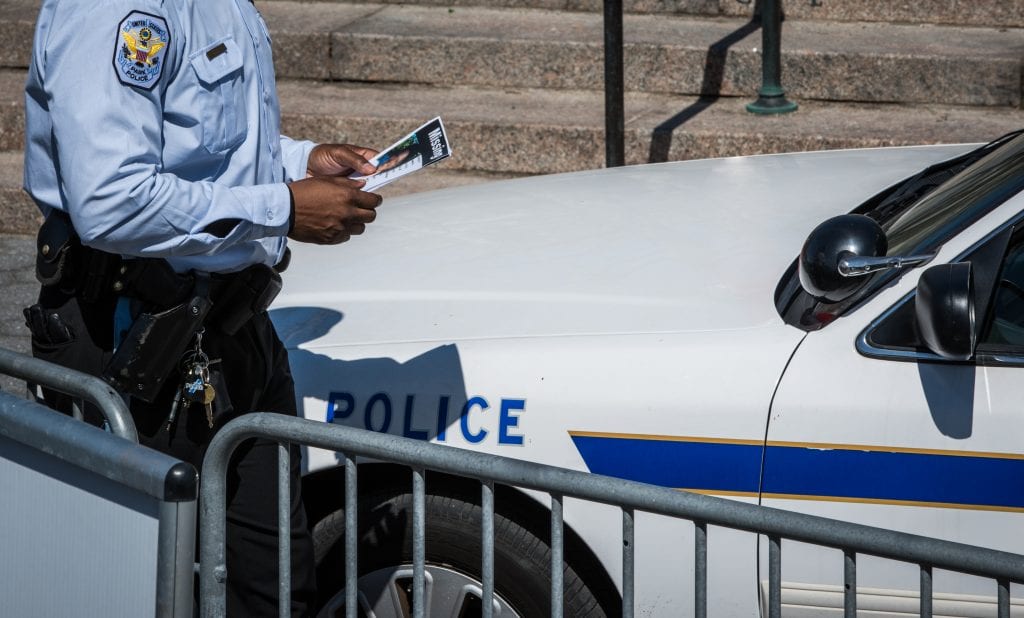Seeing the flashing lights from a police car behind you is stressful. You know what comes next. At the least, you’re handing over your license, registration and proof of insurance. You’re also facing questions like “Do you know how fast you were going?” or “Do you know why I pulled you over?” But sometimes traffic stops turn violent. Police may order drivers out of cars. They may arrest someone or do something even worse. This is why understanding what your rights are when you are pulled over by police is so important.
When can police pull you over?
The majority of Americans aren’t pulled over by police. But police still pull over around 32 million cars every year. To do so, police must have a reason. This is because constitutional protections like Fourth Amendment rights apply to traffic stops. Courts have ruled that police must have a “reasonable suspicion” to pull someone over.
In the real world, “reasonable suspicion” isn’t hard for police to find. If they see you speeding, a defective tail light or any “odd” driving behavior, that’s enough to make the stop. Police might even pull you over if you car matches the description of a car involved in some unrelated criminal activity.
What are your rights when you are pulled over?
You have several important legal rights when police pull you over. The first, and perhaps most important, is that you have the right to remain silent. You can exercise this right by saying it in a clear way: “I am exercising my right to remain silent.” You don’t have to tell the police officer where you were going, what you were doing or where you live. But, you may have to tell the officer your name. You need to also know that the police officer may push back against your decision to remain silent. That does not change things though: You still have the right to remain silent.
You also have the right to refuse a search of yourself, your vehicle or your other belongings. Police can pat you down to make sure that you don’t have a weapon. But, otherwise, you don’t have to give them permission to search you. Police may still do so against your will. But refusing to agree to a search helps you down the road if the government charges you with a crime.
Finally, you have the right to a lawyer. And, if you cannot afford one, a court will appoint one for you. This is true for serious criminal charges (like murder, rape or assault), but it’s also true for driving-related crimes, too.

What can you do if police violate these rights?
You have these and other rights when you are pulled over by police. But there is no guarantee that police won’t violate them. A police officer could demand that you answer questions after you assert your right to remain silent. Or they could search you or your vehicle anyway. If they do that, they are violating your constitutional rights.
There isn’t much you can do about a constitutional violation at the time. You can continue to refuse to talk, refuse their requests for a search or ask for a lawyer. But no one will stop the police from violating your rights at the time. Instead, that information becomes useful if the government charges you with a crime.
For example, if police violate your right to remain silent, courts should stop prosecutors from using what you said during your trial. Sometimes these constitutional violations can even result in the dismissal of your case. A lawyer can help you make sure courts know about constitutional-rights violations.
The Takeaway:
Traffic stops are stressful and scary. So you need to know your rights when you are pulled over by police. Examples include the right to remain silent, the right to refuse a search and the right to a lawyer. If police violate these rights, courts shouldn’t consider any evidence they find as a result. Sometimes, constitutional violations might even result in dismissal.






